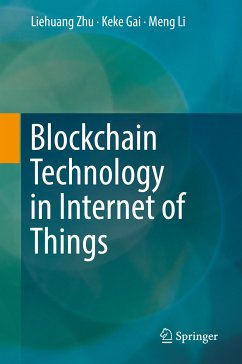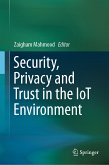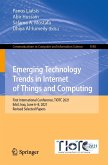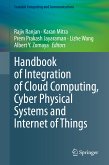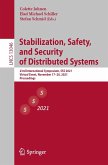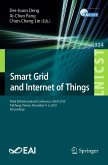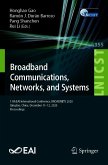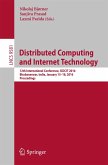This book focuses on picturing B-IoT techniques from a few perspectives, which are architecture, key technologies, security and privacy, service models and framework, practical use cases and more. Main contents of this book derive from most updated technical achievements or breakthroughs in the field. A number of representative IoT service offerings will be covered by this book, such as vehicular networks, document sharing system, and telehealth. Both theoretical and practical contents will be involved in this book in order to assist readers to have a comprehensive and deep understanding the mechanism of using blockchain for powering up IoT systems.
The blockchain-enabled Internet of Things (B-IoT) is deemed to be a novel technical alternative that provides network-based services with additional functionalities, benefits, and implementations in terms of decentralization, immutability, and auditability. Towards the enhanced secure and privacy-preserving Internet of Things (IoT), this book introduces a few significant aspects of B-IoT, which includes fundamental knowledge of both blockchain and IoT, state-of-the-art reviews of B-IoT applications, crucial components in the B-IoT system and the model design, and future development potentials and trends.
IoT technologies and services, e.g. cloud data storage technologies and vehicular services, play important roles in wireless technology developments. On the other side, blockchain technologies are being adopted in a variety of academic societies and professional realms due to its promising characteristics. It is observable that the research and development on integrating these two technologies will provide critical thinking and solid references for contemporary and future network-relevant solutions.
This book targets researchers and advanced level students in computer science, who are focused on cryptography, cloud computing and internet of things, as well as electrical engineering students and researchers focused on vehicular networks and more. Professionals working in these fields will also find this book to be a valuable resource.
Dieser Download kann aus rechtlichen Gründen nur mit Rechnungsadresse in A, B, BG, CY, CZ, D, DK, EW, E, FIN, F, GR, HR, H, IRL, I, LT, L, LR, M, NL, PL, P, R, S, SLO, SK ausgeliefert werden.

